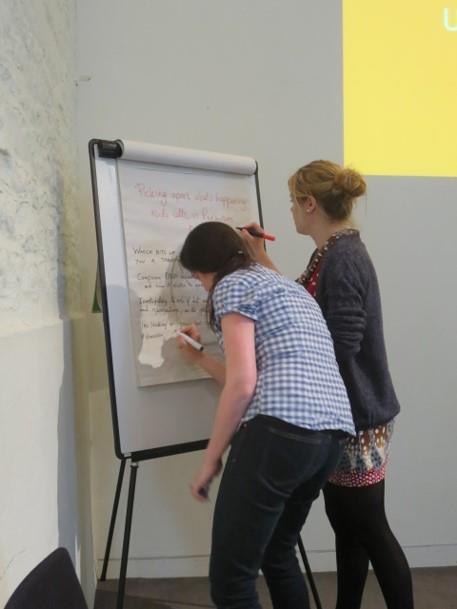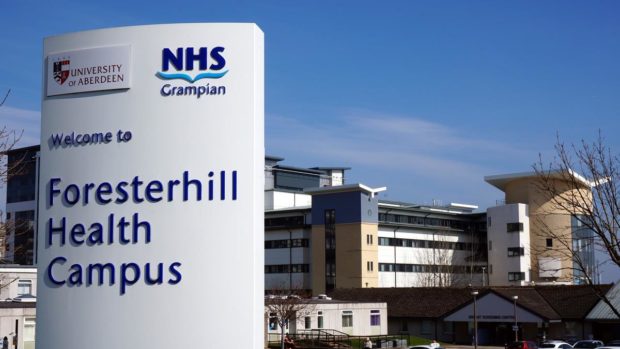We all have people in our lives who aren’t short of an opinion or two (maybe it’s you!). And now a university in Aberdeen wants members of the public to give them their thoughts about their ground-breaking work.
The researchers and scientists in the University of Aberdeen’s School of Medicine, Medical Sciences and Nutrition are working on solutions for everything from cancer to arthritis to artificial intelligence. But in order to carry out this vital work, they need your help.
Patient and Public Involvement (PPI) is used to help design and carry out research, as well as how the results of that research is then shared, to make sure it is relevant and accessible to the public.
Lecturer in Applied Health Sciences, Dr Kathryn Martin, explained: “Working with patients and members of the public is an essential part of our research because it helps us identify key priorities and it offers us insights we might not have had ourselves.
“And when we bring our findings back to the PPI group to hear their responses, it helps to close that circle.”
Participants will not be expected to take part in medical testing or experiments, it’ll be their ideas and opinions that will be of most use to the researchers.
Kathryn continued: “We have had patients and members of the public get involved in individual projects before and it’s amazing where things go and how their contribution enhances the research.
“They bring their own experiences and knowledge to the project in a way that can help others in the future.”
Public Engagement & Training Officer Dr Barbara Gorgoni added: “We are looking for people of all ages and backgrounds to make up this group, so we can meet with them and get their feedback on our work.[GB1] It’ll almost work a bit like an advisory board.”
Questions asked to the PPI group might include, “does this make sense?”, “do you think we can do it better, and if so, how?” or “what would convince you to get involved in this research?”.
Although recruits don’t need to have any medical background, or experience with any of the illnesses the research involves, they do need to have opinions and be enthusiastic about sharing them in a small group setting for up to two hours every three months (initially virtually or by phone and post, but Covid-19 restrictions pending, possibly in person in the future).
Barbara said: “As long as you are over 18 you can be part of the group. Participants will get guidance and support throughout and they’ll be viewed as a ‘critical friend’ of the researchers.”
To find out more, including contact information if you would like to get involved, visit the Patient and Public Involvement website. You can also follow the School of Medicine, Medical Sciences and Nutrition on Facebook and Twitter to find out more about their research work.

